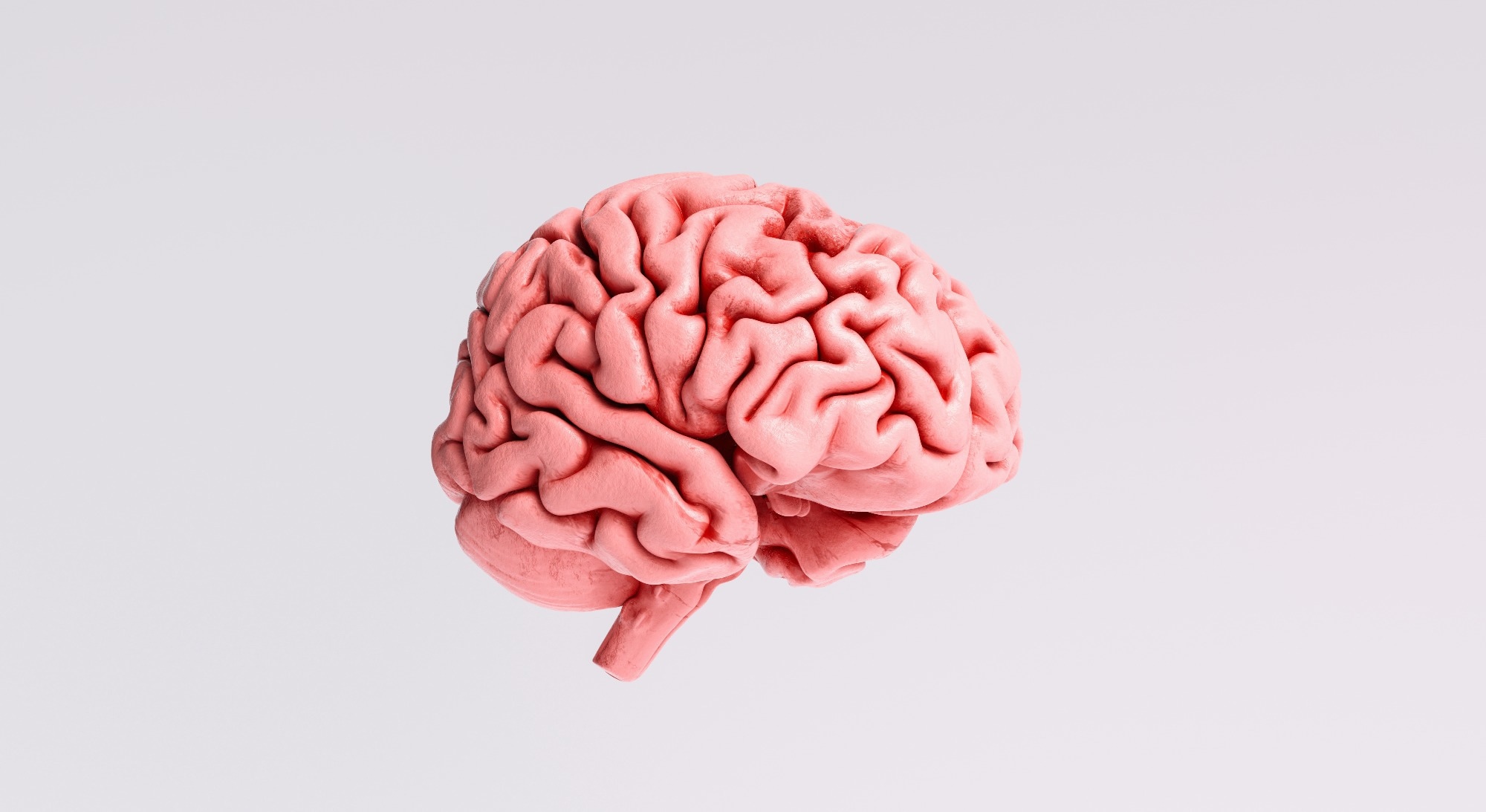By pinpointing how neuroestrogen directly boosts appetite-suppressing receptors in the brain, scientists are laying the groundwork for precision therapies that could tackle obesity from within the central nervous system.
 Study: Estrogen synthesized in the central nervous system enhances MC4R expression and reduces food intake. Image Credit: r.classen / Shutterstock
Study: Estrogen synthesized in the central nervous system enhances MC4R expression and reduces food intake. Image Credit: r.classen / Shutterstock
A study led by researchers at the Fujita Health University School of Medicine, in collaboration with Chiba University's Graduate School of Medicine and Fukuoka University, Japan, revealed that estrogen produced in the brain can control appetite and reduce body weight. The findings are published in The FEBS Journal.
Background
Estrogen is a steroid hormone primarily associated with female reproductive development and functioning. It is mainly produced in the ovaries and various peripheral tissues, such as fat cells, the liver, and the brain. The enzyme aromatase regulates its production.
Aromatase is abundantly expressed in certain brain regions, including the hippocampus, hypothalamus, and amygdala. Estrogen produced in nerve cells is designated as neuroestrogen. Since its discovery in nerve cells, researchers have hypothesized that neuroestrogen might play vital roles in various neurophysiological processes, including appetite regulation.
In the current study, researchers for the first time deciphered a direct role of neuroestrogen in reducing food intake and body weight in mice.
Study design
The researchers used several mouse models to decipher the role of neuroestrogen in appetite regulation. To ensure the complete absence of ovarian estrogen and neuroestrogen in the body, they used mice without ovaries and mice genetically lacking aromatase. Furthermore, they developed a genetically modified mouse model where aromatase expression was selectively restored in the brain to ensure production of neuroestrogen.
They also investigated the impact of neuroestrogen on the expression of melanocortin-4 receptor (MC4R), which is localized in the hypothalamus and plays a vital role in appetite suppression.
Mechanistically, the appetite-suppressing peptide pro-opiomelanocortin is metabolized in the hypothalamus to produce α-melanocyte-stimulating hormone, which suppresses appetite by activating MC4R.
“It is well known that MC4R is an important receptor in the brain that regulates food intake,” explains lead author Takanori Hayashi, Associate Professor at Fujita Health University School of Medicine, Japan.
Appetite-stimulating peptides, such as neuropeptide Y (NPY), on the other hand, act as MC4R antagonists, inhibiting the receptor and stimulating appetite.
Estrogen is known to improve brain sensitivity to appetite-regulating peptides, such as leptin, by increasing the expression of MC4R. Given this observation, researchers explored leptin sensitivity in aromatase-expressing mice and aromatase-knockout mice.
Study findings
The researchers observed that mice lacking the enzyme aromatase (ArKO mice) showed a significant increase in food intake and body weight, compared to normal mice, correlating with reduced expression of MC4R. Interestingly, mice without ovaries (OVX mice) exhibited increased body weight but, counterintuitively, showed significantly decreased food intake compared to control mice after 49 days of age. The paper notes this decrease in food intake occurred alongside an increase in hypothalamic aromatase expression in OVX mice, suggesting a potential compensatory role for neuroestrogen when ovarian estrogen is absent.
Following the restoration of aromatase (Cyp19a1) expression specifically in the brain of ArKO mice, they observed significantly reduced food intake and increased MC4R expression in the hypothalamus.
These observations collectively highlight that neuroestrogen produced by aromatase suppresses appetite by increasing the activity of MC4R.
The researchers also observed that neuroestrogen increases the brain’s responsiveness to leptin, an appetite-regulating peptide produced by fat cells.
“We observed that the mice with restored neuroestrogen responded more effectively to leptin treatment,” explains Dr. Hayashi. “This may be because neuroestrogen enhances the body’s natural appetite-suppressing mechanisms.”
The researchers conducted cell culture experiments using mouse-derived hypothalamic neuron cells to explore whether neuroestrogen directly increases the expression of MC4R. The findings confirmed that intracellularly synthesized neuroestrogen increases MC4R expression in hypothalamic neurons via estrogen receptor (ER). These observations reveal that the effects of neuroestrogen are localized and do not depend on the estrogen synthesized in the ovaries.
Existing evidence indicates that the regulatory region of the MC4R gene contains an ER response element, which is upregulated by estrogen, leading to increased MC4R expression.
Study significance
The study discovers a novel role of neuroestrogen as a potential appetite suppressor. The findings emphasize that neuroestrogen regulates key appetite-related genes, including pro-opiomelanocortin, MC4R, leptin receptor, and neuropeptide Y, through various estrogen receptors, independent of systemic estrogen levels.
Given the sharp increase in global obesity prevalence and the scarcity of effective and long-lasting weight loss interventions, researchers believe their discovery will open an exciting new frontier for clinical research and drug development.
Hailing the success of their discovery, Dr. Hayashi remarks, “With its newly discovered role, neuroestrogen could be a game-changer in controlling appetite and tackling obesity!”
The study provides a clearer picture of neuroestrogen’s physiological role. Emphasizing the significance of their research, researchers mention that it may now be possible to regulate estrogen activity more precisely within the body.
They also mention that the study could have far-reaching implications for women’s health, especially in managing life-stage hormonal challenges, such as menopause or postpartum weight gain.
By unlocking the interplay between neuroestrogens and other hormones, researchers aim to develop innovative treatments that target appetite at its source—inside the brain.